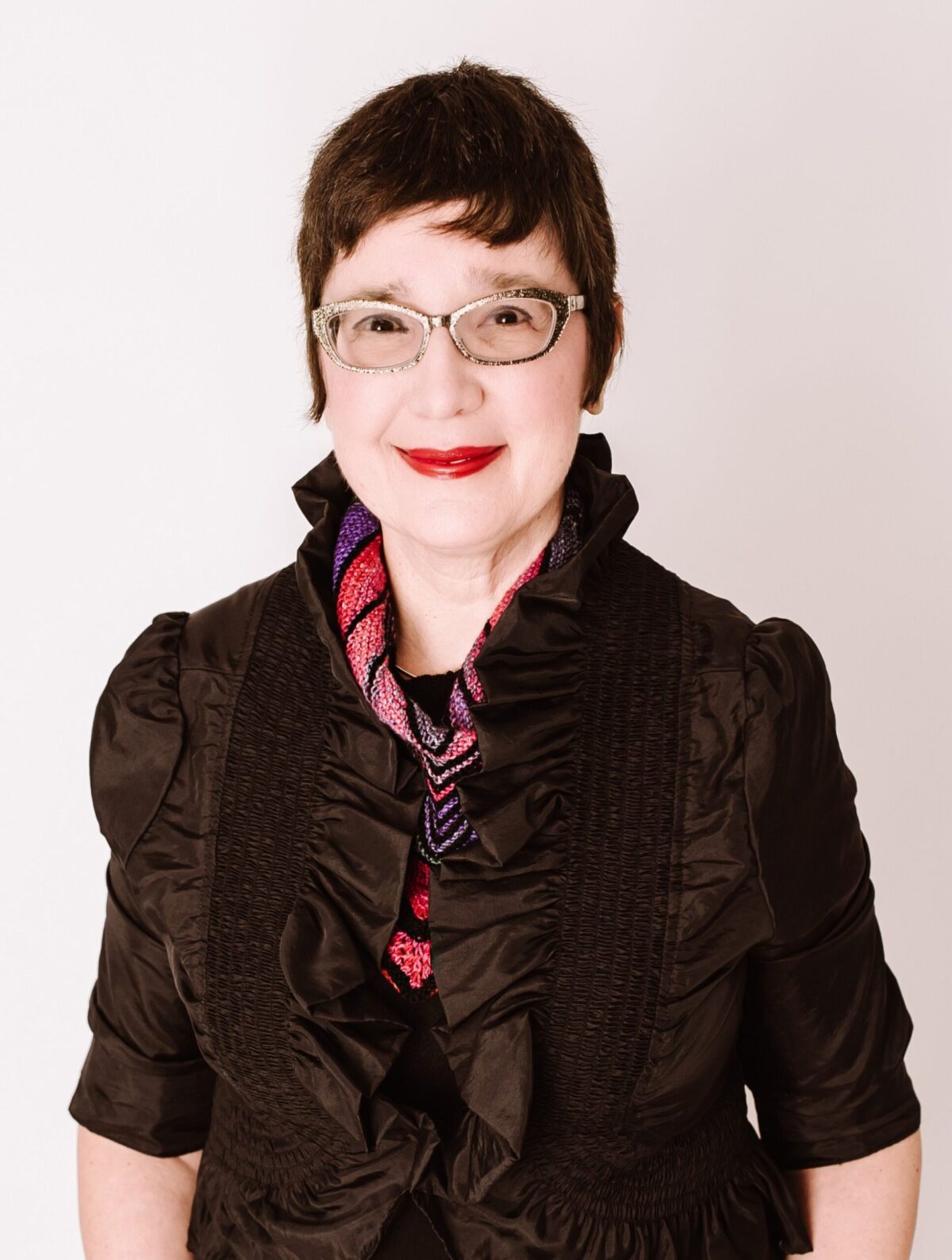Ricia Chansky, University of Puerto Rico Mayagüez

Ricia Anne Chansky
Ricia Anne Chansky amplifies the voices of “natural” disaster survivors through climate storytelling.
Beginning with her work in the aftermath of Hurricanes Irma and María—which made rapid-succession landfall in the Puerto Rican archipelago in 2017—Ricia has responded to the climate crisis by developing a disaster pedagogy and oral history as mutual aid program that provides support for communities on-campus and off while offering global models for disaster mitigation and response. She advocates for nonhierarchical decolonial models that build projects through extensive needs assessment and participatory design while undermining histories of colonialism and systemic racism by pushing us to interrogate whose stories matter and what counts as scientific data.
See the UPRM local story for Climates of Inequality, Aftermaths: Community Responses to Climate Disaster, created by Ricia, her students, and their community partners. The project is based in part on Mi María: Puerto Rico After the Hurricane, a large-scale public humanities project that uses biographical methodologies—with a focus on oral history—situated within the contexts of critical disaster studies, environmental humanities, social justice, and climate justice to study the impacts of Hurricane María and its aftermath on the people of Puerto Rico.
Explore the rich array of oral histories and documentary films about climate and environmental justice in Puerto Rico at the Oral History Lab, founded by Ricia and her colleagues at UPRM.
